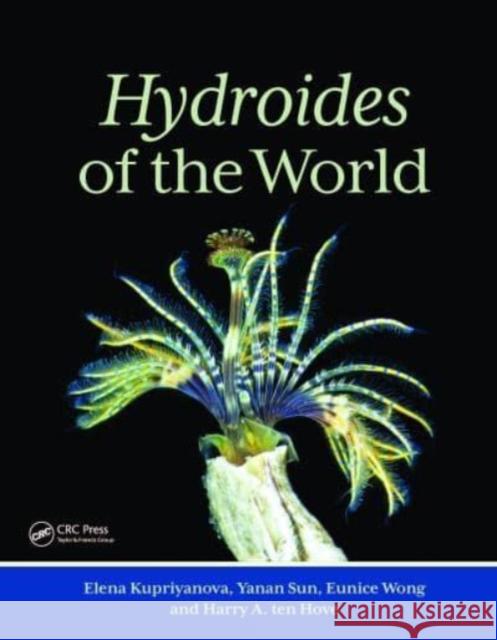Hydroides of the World » książka
Hydroides of the World
ISBN-13: 9781032436692 / Angielski
Serpulid polychaetes are a unique and highly specialised group of marine segmented worms that have adapted to inhabiting self-secreted calcareous tubes attached to a wide range of hard substrates. These animals are found across all depths and habitats of the world’s oceans, and some form mutually beneficial associations with live corals. The genus Hydroides is of special concern and importance, as it is not only the largest, but also one of the most ecologically and economically important groups of marine invertebrates because it includes notorious biofoulers and common bioinvaders that travel around the world hitchhiking on ships’ hulls. This is the first fully illustrated guide to this notorious serpulid genus of calcareous tubeworms, providing a comprehensive diagnostic treatment of all known species of the genus Hydroides. This important reference provides reliable identification tools to distinguish tubeworms from potential alien invaders that constantly arrive from overseas and threaten maritime transport, trade and mariculture.
Serpulid polychaetes are a unique and highly specialised group of marine segmented worms that have adapted to inhabiting self-secreted calcareous tubes attached to a wide range of hard substrates. These animals are found across all depths and habitats of the world’s oceans, and some form mutually beneficial associations with live corals. The genus Hydroides is of special concern and importance, as it is not only the largest, but also one of the most ecologically and economically important groups of marine invertebrates because it includes notorious biofoulers and common bioinvaders that travel around the world hitchhiking on ships’ hulls.
This is the first fully illustrated guide to this notorious serpulid genus of calcareous tubeworms, providing a comprehensive diagnostic treatment of all known species of the genus Hydroides. This important reference provides reliable identification tools to distinguish tubeworms from potential alien invaders that constantly arrive from overseas and threaten maritime transport, trade and mariculture.











